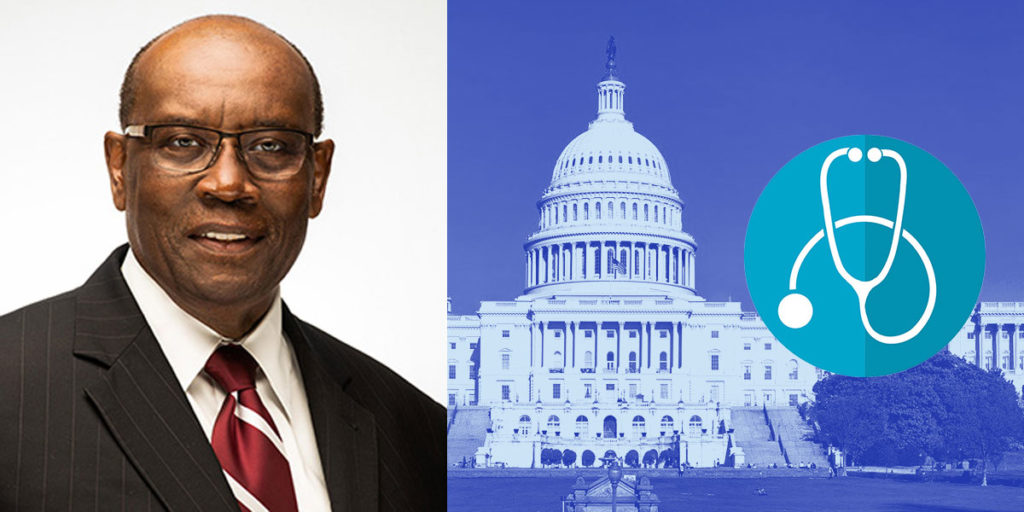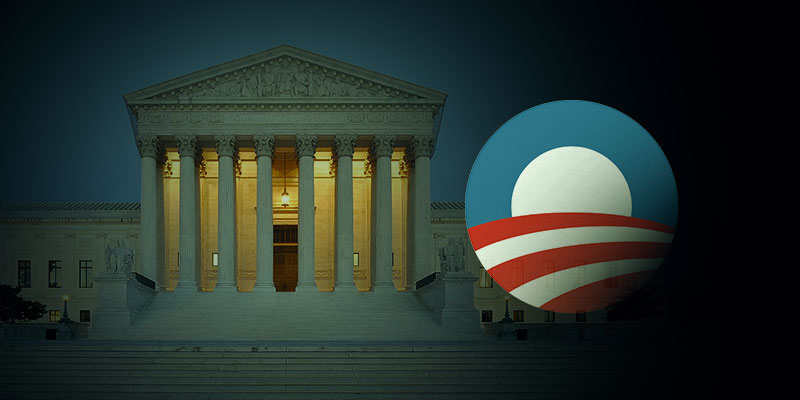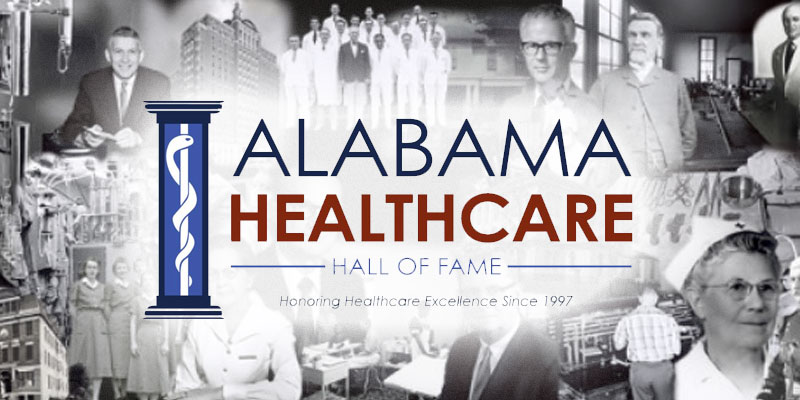It is common for liberals and other supporters of a total government takeover of America’s health care system to praise the effectiveness, lower expenditures and “fairness” of other countries’ health care delivery. Most often, they heap praise on Canada’s health care system and point to the United Kingdom’s National Health Service as models that we should not only emulate but import wholesale into the United States. “Medicare for All!” is the demand.
The question we must ask, as a state and as a country, is what is the true cost of Washington, D.C.-controlled and directed health care? The true cost of Medicare for All is the price paid not in dollars but longer wait times to be treated for routine and life-threatening conditions alike, underfunding of all medical facilities and medical training programs, and most concerningly government panels deciding who will and who will not receive lifesaving treatments. The truth that Democrats will not publicly admit is that single-payer, government-controlled health care systems ration care.
The rationing of health care comes about in many ways. In Canada, providers of health care receive a strict, set number of dollars for a given year. These budgets are determined by government officials, and they lead directly to rationing of medical care by forcing providers to limit admissions to hospitals, limit the hours of public clinics, and disincentivizing Canadian doctors and nurses to see patients. To stay under budget, care is rationed; because of this rationing, Canadians face some of the longest wait times among industrialized nations. At any one time, more than 1 million Canadians are waiting for medical care. Recent data shows that, on average, the time from referral by a primary care doctor to treatment by a specialist is over 21 weeks. That’s more than five months. This five-month delay is on top of the time it takes to be seen by the primary care provider. Contrast that with the United States where about 80% of patients are treated within four weeks of referral.
Long wait times are also a reality in the United Kingdom, home of the other health care system political liberals would like us Americans to adopt. A recent report shows that about 250,000 Britons have been waiting more than six months for care, some waiting over nine months. Long wait times kill, especially when it is cancer that needs treating. Last year in England, nearly 25% of cancer patients did not start treatment within the time its healthcare system itself deems acceptable. Women with breast cancer and men with prostate cancer have lower survival rates in the U.K. than in the United States.
In Canada and in England, the governments control cost by underinvesting in medically necessary equipment. CAT scanners, ultrasound machines, and MRI machines are few and far between when compared to the United States and averaged by population. The lack of adequate access to medical imaging in Canada and the U.K. has been shown to add weeks to already long wait times; the longer it takes to receive these tests the longer it takes to diagnose and treat a medical condition. Access to advanced medical technology saves lives and reduces suffering. In socialized medicine, the government chooses to ration this care.
A stark example of how government-rationed care can take the lives of its citizens has been highlighted by the COVID-19 pandemic. Failure to adequately fund health care infrastructure in government-controlled systems has resulted in a shortage of ICU beds at a time when they have been most needed. In the United States, there are 35 ICU beds per 100,000 population. In Canada, there are 13.5 ICU beds per 100,000 — in the U.K., there are 6.5 per 100,000.
In the United Kingdom, over half of the men and women who have died of COVID-19 have been over the age of 80 years, but less than 3% of these patients received intensive care treatment because there were not enough ICU beds available. Lifesaving care was rationed to the elderly in the U.K. and Canada, and the elderly died. Along the same lines, Charlie Gard was an 11-month-old boy with a severe brain condition, and his British doctors felt care should be withdrawn. President Trump and Pope Francis offered to transport Charlie and render potentially lifesaving care, but even this was denied to him and to his parents. Government-controlled health care wielded its heavy hand and rationed care to this baby. His parents’ words are sobering: “Mummy and Daddy love you so much Charlie, we always have and we always will and we are so sorry that we couldn’t save you. We had the chance but we weren’t allowed to give you that chance. Sweet dreams baby. Sleep tight our beautiful little boy.”
Withholding life-saving care is routine in socialized, government-controlled and funded health care systems, but quality of life-improving care readily available to Americans is also rationed. Cataract surgery, an outpatient procedure that can and does prevent blindness is rationed in England. Government panels that decide which treatments will be funded and by how much, have decided that cataract surgery is of “limited clinical value” and have rationed this surgery. Preventing blindness would seem a worthy goal for a “fair” health care system, but when the government makes the decisions someone has to lose. If you need knee replacement or hip surgery be glad you do not live in Canada or the United Kingdom unless you want to suffer your pain longer than patients in the United States; wait times for surgery are significantly longer. But, if you are from outside these two countries, you can travel to Canada or the U.K., pay cash, jump right ahead of tax-paying Canadians and British and get your treatment while they hobble in long waiting lines.
Rationing of health care in systems where the government controls funding, distribution of care, and decides “who” receives “what” is an absolute reality. Canada’s and the United Kingdom’s health systems, far from being models that America should move towards, are warnings. We will not improve U.S. health care by adopting a socialized, single-payer system. Smart, free-market-driven reform is a better way forward. When the federal government increases its power over health care, rationing occurs; when rationing of health care occurs, all, especially the elderly and most vulnerable, pay the price. Democrats continue to aggressively push and legislate for a single-payer health care system in the United States controlled by Washington. Medicare for All plans before the U.S. House of Representatives and the U.S. Senate will force single-payer care upon us; Joe Biden’s proposed expansion of a Public Option is simply a Trojan horse that carries the same goal, single-payer, socialized medicine for the United States. Call it what you want, Medicare for All or a Public Option, but recognize it for what it brings: rationed care where no one benefits.
Dr. Christine is a urologic surgeon practicing in Birmingham, AL













